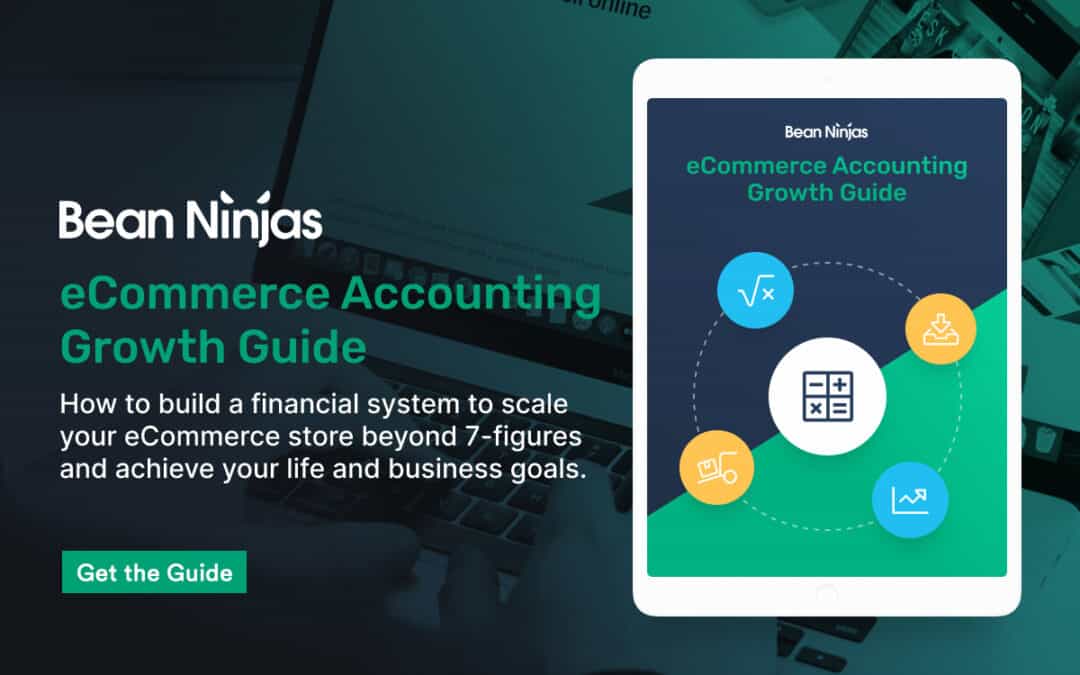Choosing the right CPA for your eCommerce business is a challenge. You might not even be sure if you need one or if you should hire a regular accountant instead.
Plus, what’s the difference between a CPA and an accountant, anyway?
And what should you look for when hiring one?
In this post, we’ll answer those questions and explain the differences between a CPA and an accountant.
Article Contents
Is a CPA better than an accountant?
The words CPA and accountant are often used interchangeably. However, they aren’t the same. In many instances, a CPA is seen as the better alternative to an accountant, particularly for larger eCommerce operations.
Here are three of the main differences between eCommerce CPAs and eCommerce accountants:
1. Fiduciary responsibility
CPAs are bound by fiduciary responsibility, whereas accountants are not. This means that they have a legal duty to act in the best interest of their clients. Of course, you can find an accountant that has your best interest at heart, but they don’t have a legal responsibility to do so, and you’ll have to take them at their word.
2. CPA licensing
CPAs undergo difficult testing and requirements in their state of practice. They must complete a significant amount of college hours related to auditing, business, and accounting practices. Once they graduate, they have to complete a year of working under a qualified CPA.
On top of all of that, they still have to pass more testing and continuing education classes throughout the entirety of their career as a CPA. This means that staying up-to-date on current accounting practices and regulations is a requirement to keep their license. Accountants without a CPA license aren’t held to the same high standards.
3. Tax knowledge
Because of the thorough training and testing that CPAs must endure, they’re more privy to tax code knowledge than your standard accountant. Those specializing in eCommerce will be particularly versed in tax regulations that impact business practices across state lines. Because of their knowledge and licensing, CPAs are qualified to represent clients in the event of an IRS audit. Again, keep in mind that the same CPA that consults and advises your finances cannot be the same one that would perform an IRS audit because of the conflict of interest.
What are an eCommerce CPA’s primary responsibilities?
An eCommerce CPA is simply a Certified Public Accountant that specializes in working with eCommerce businesses. When you work with a CPA for your business, you can expect them to analyze and create reports based on your company’s financial data or bookkeeping.
With that being said, here are some of the primary responsibilities you can expect a CPA to perform:
- Create and oversee budgets and cash flow
- Establish company accounting procedures, policies, and reporting
- Handle accounts receivable and accounts payable
- Monitor eCommerce regulations that can impact the company
- Prepare and present financial statements to management
- Implement internal audits and government audits
- Advise and consult regarding company finances
However, the real value of an eCommerce CPA is the fact they have deep industry knowledge and have worked with dozens—if not hundreds of businesses just like yours. For example, they can build your eCommerce financial tech stack, run cash flow and inventory forecasts, and prepare seller-ready financials, to name a few.
How much do CPAs cost?
You’ve probably guessed by now that because of their knowledge and licensing that a CPA costs more than a non-CPA accountant. And you would be correct. They typically do cost more for this reason.
Of course, there are other factors to consider that affect pricing like years in the business, additional experience, location, associated firm, specialties, etc. There’s no straightforward answer to the cost of a CPA because of this.
No matter what you end up paying for the service, you can typically expect a CPA to charge for their services one of three ways: by the hour, a flat fee, or a bundled price.
With an hourly rate, you simply pay for the exact hours they work for you. A flat fee is a set rate no matter how much time they spend on your account. And lastly, a bundled price is a package fee you would pay for a bundle of services. For example, you may pay a bundled price for the CPA to set your accounting practices and establish a budget for your eCommerce business.
4 Key factors to consider when choosing a new CPA
Doing a bit of research and making sure the CPA is the right fit will go a long way. You want someone that you can trust. Someone that will help you grow your business and understands the tax regulations that affect your industry. They should be qualified, professional, and reputable. You don’t want to just go with the first CPA that shows up in a Google search near you.
Here are four key factors to look out for when searching for a CPA to help with your eCommerce business finances:
1. Licensing
As mentioned above, CPAs must go through rigorous testing with strict licensing requirements. Make sure that the CPA you choose is up-to-date with their qualifications and licensed to work in your state.
2. Experience
The CPA you hire should be experienced working with businesses like yours. You’re hiring a qualified individual and likely paying a good amount for their expertise. Be sure that they have worked with eCommerce businesses before so that they understand your industry’s tax regulations and financial considerations.
This applies down to the eCommerce platforms and financial tech stack you use. For example, if you use Shopify, you might want to work with an accountant or a CPA that works with a lot of Shopify businesses.
3. Cost
How do they bill for their work? Should you expect to pay for the work upfront or afterward once the hours have been calculated? Find a CPA that charges a rate and has a billing structure that you’re comfortable with. At the end of the day, you need to be able to afford their services.
4. Availability
You’ll need to be able to reach your CPA to work with them and implement their advice. If they’re difficult to get a hold of or perform poorly on your account, then you should look for a different CPA. Of course, CPAs are busy professionals, and many are juggling multiple clients, but you should still be able to trust that your account is getting the attention it deserves and you can access their expertise when you need it most.
Hiring a CPA for your eCommerce business is a big step in the right direction for your business’s growth and finances. Be sure to take the time now to find the right fit for your eCommerce business.





